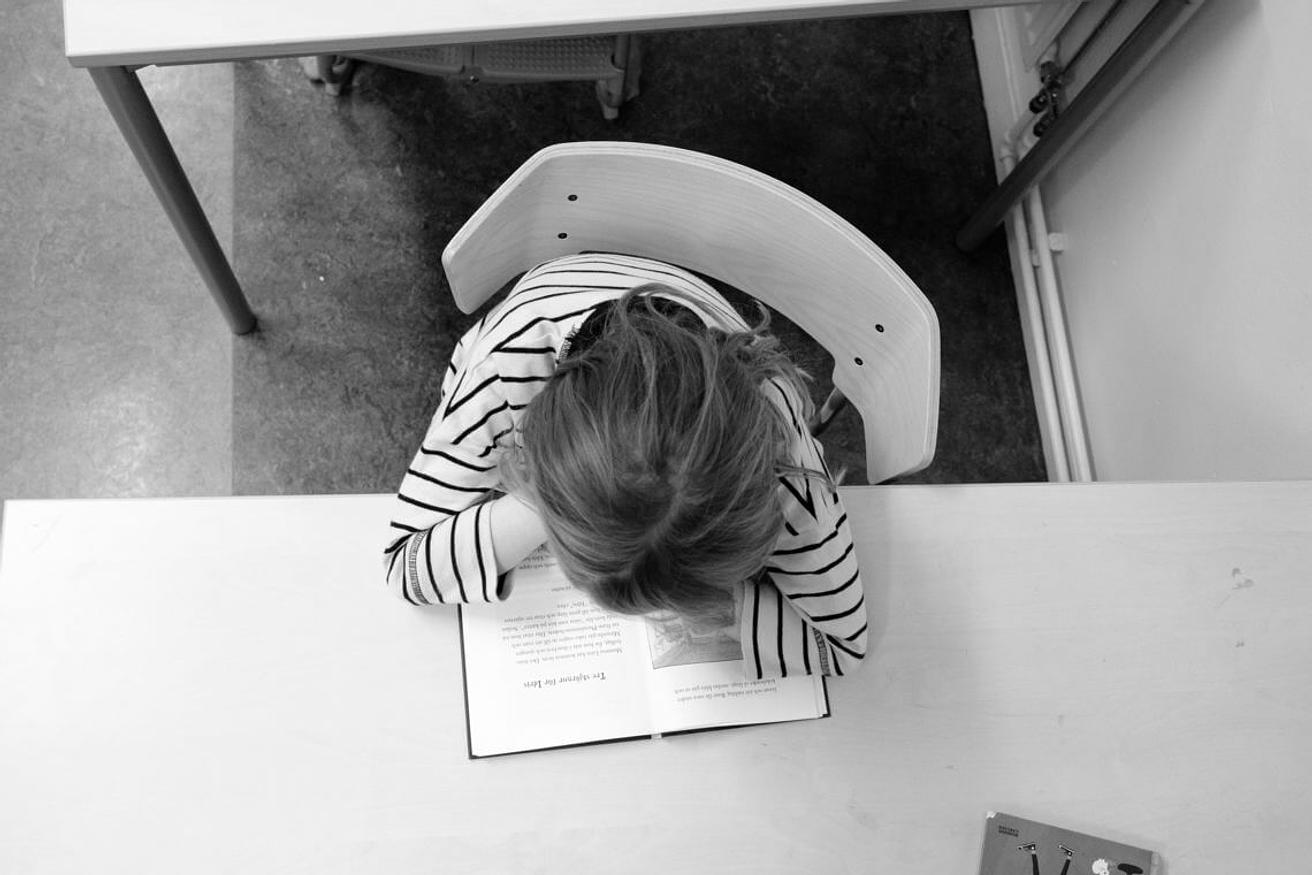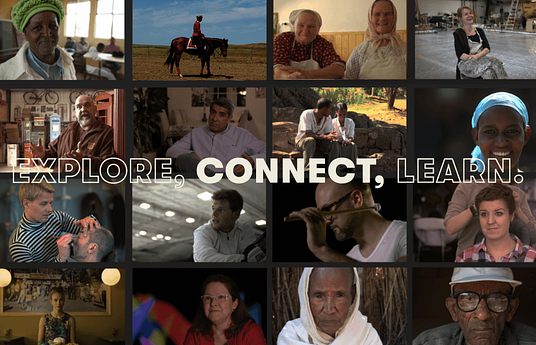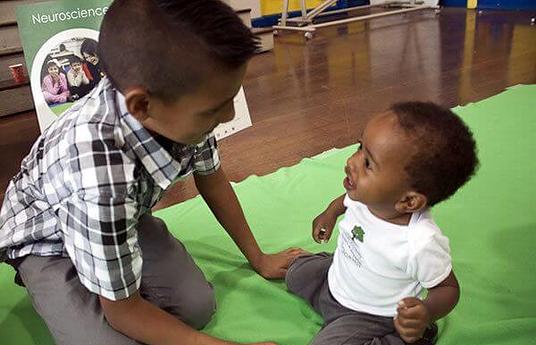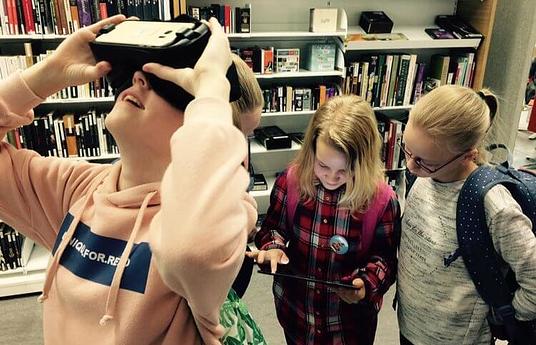Dyslexia, as with any other learning, mental or physical disability, often makes us think that things are just going to be more difficult for the person who has it. It’s unavoidable, the classroom – and life in general – is just going to be that bit harder. But in being resigned to this fact are we missing out on opportunities to make life easier for children with dyslexia?
The concept of dyslexia hasn’t been publicly acknowledged for that long. Although the term ‘dyslexia’ was first used in 1887 (more commonly known at the time as word-blindness), it wasn’t until the late twentieth century that the word started to be used more generally and it still took a long time for it to be considered a specific learning disability. Of course, in many countries and schools dyslexia still remains an overly undiagnosed or unrecognised problem.
However, there have been some encouraging developments in our understanding of dyslexia – even in just the last year! A recent study suggests the cause of the condition is actually in the person’s eyes rather than their brain. This opens up new ways of understanding the condition, coming up with solutions as well as better ways of diagnosis.
New technologies could also provide some useful solutions for dyslexic students. The educational virtual reality experiences created by Lyfta have tentatively been found to help those with dyslexia. In a recent session, Lyfta organisers found that a dyslexic student who usually finds it extremely difficult to read out loud, was able to read the text in the VR experience without stumbling over the words. Perhaps new technologies won’t ruin society as many suspect, but provide useful solutions for those who until now have struggled to have their needs met by the general education system.
As with any disability, condition or learning difference – early diagnosis can make all the difference in a person’s life. If children are left to struggle again and again without an experience of success they’re likely to develop low self-esteem which can drastically affect their motivation and their hope to do well at school and later in life.
Again new technologies can present amazing opportunities to quickly diagnose children and provide schools with useful information about children’s reading abilities and practices – something which can have extremely impactful and lasting effects on a child’s self-belief and confidence.
Lexplore uses eye-tracking and artificial intelligence to screen children for dyslexia early on in their education journey meaning that intervention can happen before children start to fall behind and damaging low self esteem and feelings of failure become permanent.
Tests are carried out by the Lexplore team in only five minutes – much shorter than usual dyslexia tests thanks to their advanced technology. As the test and the feedback is so instantaneous whole classes of children can be screened whilst the teacher carries on with their class, with children popping out for five minutes at a time. This means it’s less likely for children to slip through the net or for their learning difficulties to go unnoticed for years as rather than waiting to be referred later in their educational career every child can be screened at the beginning of their education.
Of course with growing class sizes and teacher shortages, it’s hard for educators today to give each student the tailored and personalised support they need – something that would be particularly beneficial for dyslexic students. However for educators and dyslexic students alike, there’s reason to be hopeful. As more thorough research into the intricacies of dyslexia is carried out and new technologies are developed enabling better ways of providing for dyslexic students, we can look forward to a day where dyslexic students won’t feel their learning is difficult. In fact maybe learning will become a joy – just as it should be.


.jpg)

